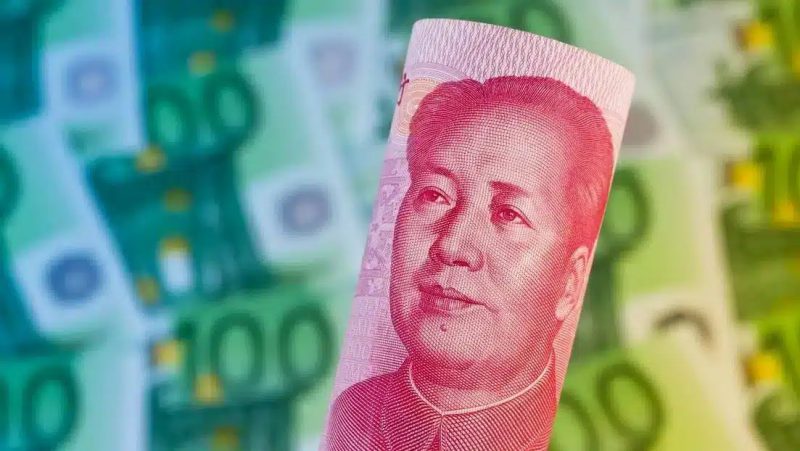BRICS member China was pushing the Chinese yuan for trade transfers with Iraq and has now received a slapback. Iraq has decided to stop all financial transactions in the Chinese yuan followed by a directive from the US Federal Reserve. The directive highlights concerns about a potential manipulation of some oil and gas transfers alleging financial irregularities and problems.
Also Read: BRICS: Every African Country Preparing To Join the Alliance
The development has put BRICS member China’s attempts to push the Chinese yuan for trade in Iraq on hold. For the uninitiated, the US Federal Reserve makes many decisions on behalf of the Central Bank of Iraq. Iraq’s oil revenues are deposited in the US Federal Reserve. The funds will then be transferred by the Feds to the Central Bank of Iraq following a process. Therefore, the Feds have leverage and decision-making power along with the Iraqi government and Central Bank of Iraq officials.
Also Read: Russia & China Want BRICS Expansion in 2024, Not Other Countries
BRICS: Iraq Halts All Chinese Yuan Transactions After Receiving Orders From the US Federal Reserve


Since 2023, the Central Bank of Iraq has taken several measures to stabilize its local currency and native economy. “The US Federal Reserve has mandated Iraq to cease dealing in the Chinese yuan, alleging irregularities and certain problems in transactions,” said Baghdad Provincial Council member Moeen Al-Kadhimi in a press statement while discussing BRICS member China. “Many decisions by the Central Bank of Iraq are imposed by the US Federal Reserve,” he added.
Also Read: BRICS: Janet Yellen Repeatedly Says Sanctions Led to US Dollar Decline
BRICS country China has been pushing the Chinese yuan for oil deals with developing countries. The Communist nation has been arm-twisting its way through the Belt and Road Initiative. Countries in Asia and Africa have received billions worth of loans to build infrastructure and ports from China. Therefore, China found it easier to push the Chinese yuan for deals and strengthen the currency along with its economy.





